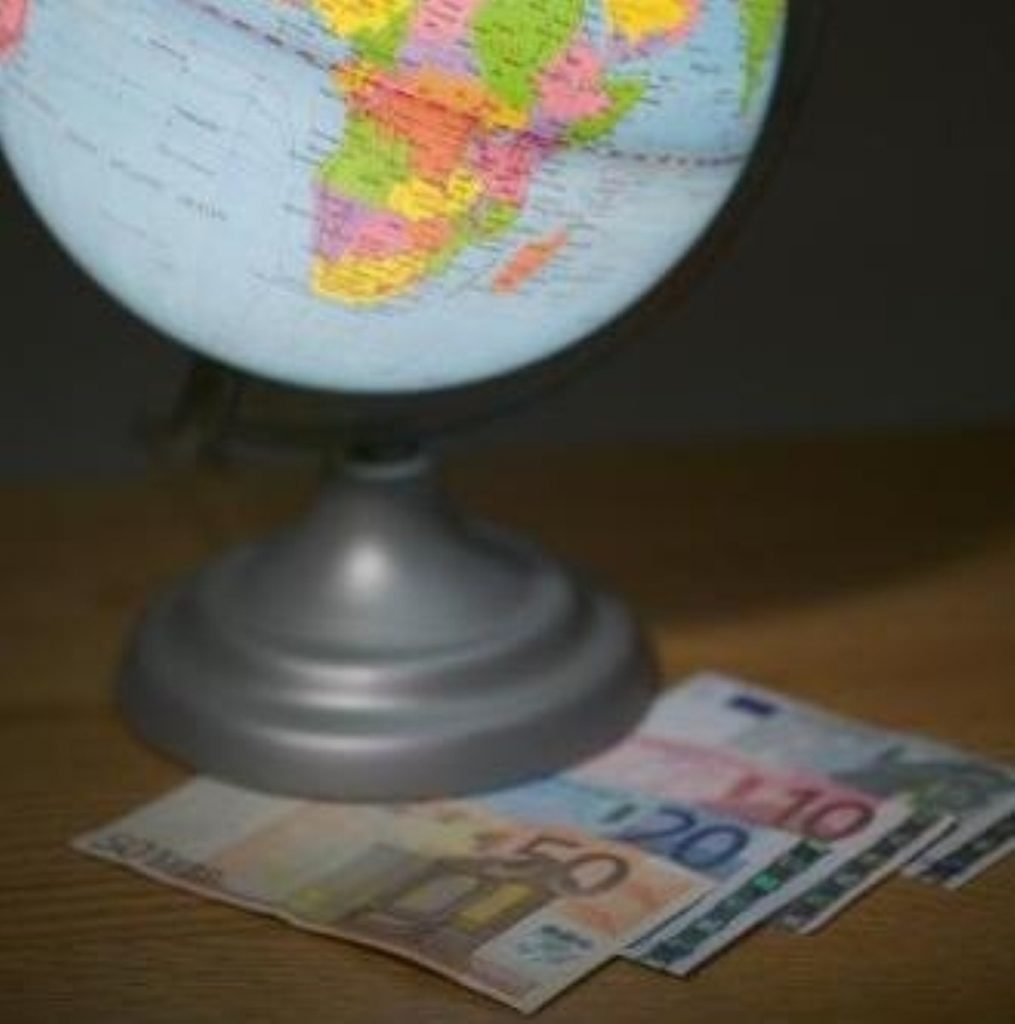Revealed: The price of tax dodging
By politics.co.uk staff
A leading development charity has attempted to calculate the amount of money lost to corporate tax evasion.
Christian Aid is publishing the data to highlight the issue of ‘trade mispricing’, where figures are manipulated to keep profits low in countries where they will incur a higher level of tax.
The research, broken down by country and by trade sector, shows that between 2005-2007 the total amount of capital flow from bilateral trade mispricing into the EU and US alone from non-EU countries was an estimated £581.4bn.
If tax had been levied on this capital at current rates, non-EU countries would have raised £190.8bn in revenue.
“Paying as little tax as possible, regardless of the social consequences, has for many become an acceptable way of doing business,” said Dr David McNair, Christian Aid’s senior economic justice adviser.
“The money lost could be used to provide schools, hospitals and better living conditions worldwide.”
The figures are released to encourage action against tax avoidance at next week’s G20 summit in London.
Many world leaders, including Gordon Brown and Barack Obama are determined to use the financial crisis to secure a new international financial regulatory framework to clamp down on tax dodging.
The major culprits in trade mispricing are subsidiaries of the same parent multinationals filing false figures when they trade with each other, and companies that are independent of each other making secret deals to do the same thing, the charity said.
“Much of the money flows via tax havens into the pockets of shareholders in the industrialised world,” said Dr McNair.
“All too frequently, the victims are poorer countries where the tax authorities have neither the expertise nor the resources to fight back.”
Christian Aid’s research was carried out by Professor Simon Pak, president of the Trade Research Institute Inc in the US who analysed global bilateral trade with the EU, UK, US and Republic of Ireland in every product from nuclear reactors to cornflakes.
He calculated the parameters of the normal price range for products traded between countries, and estimated the amount of capital shifted by trades that were outside that normal price range.





-01.png)